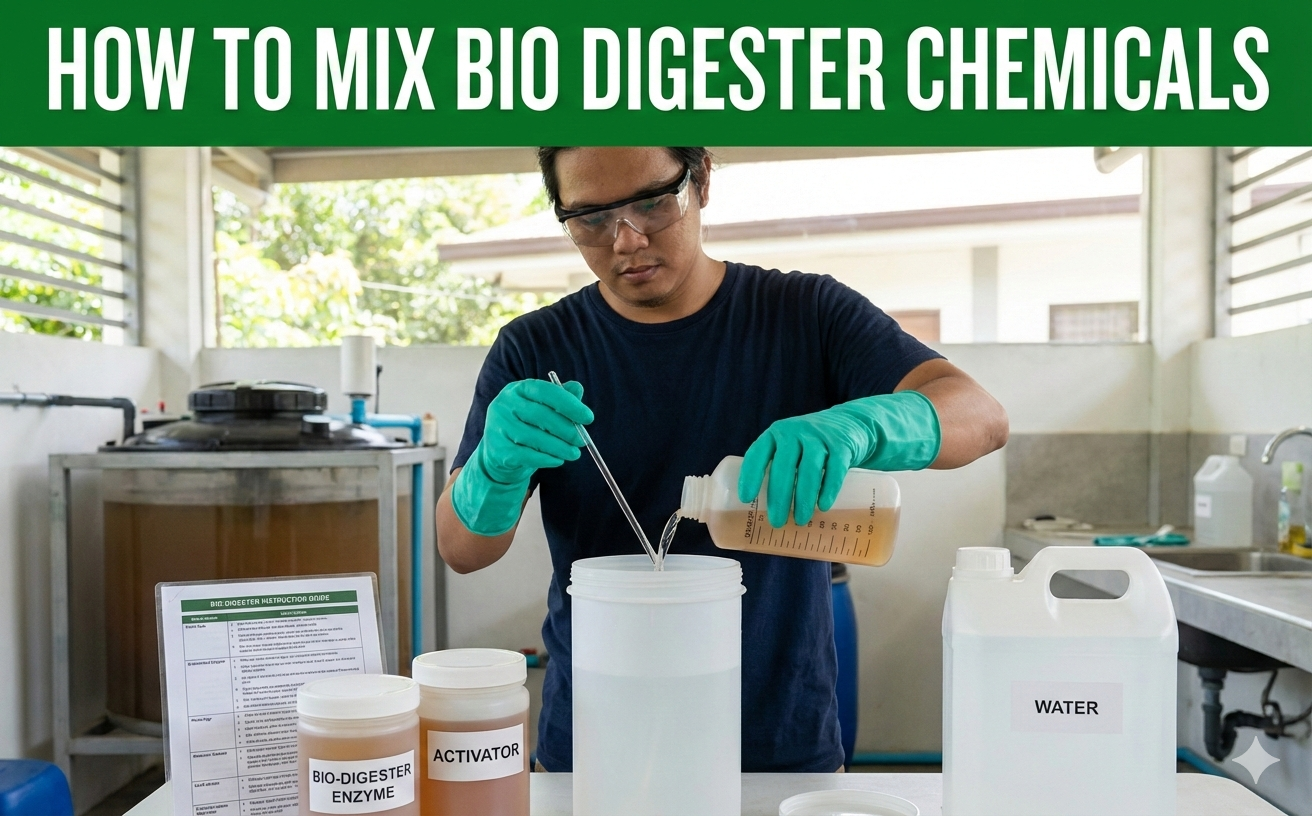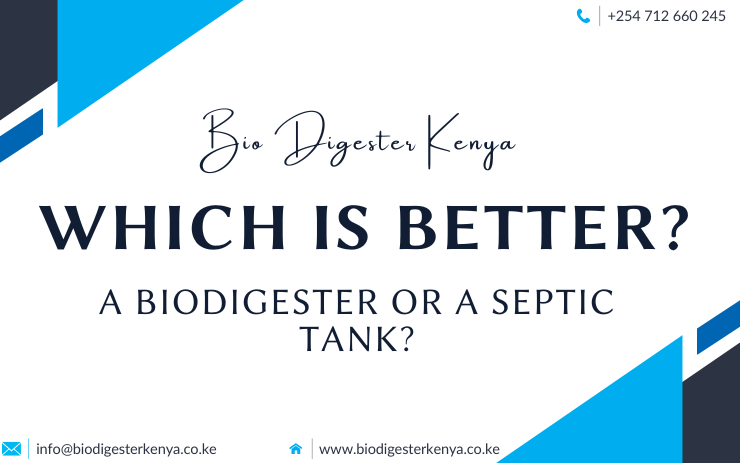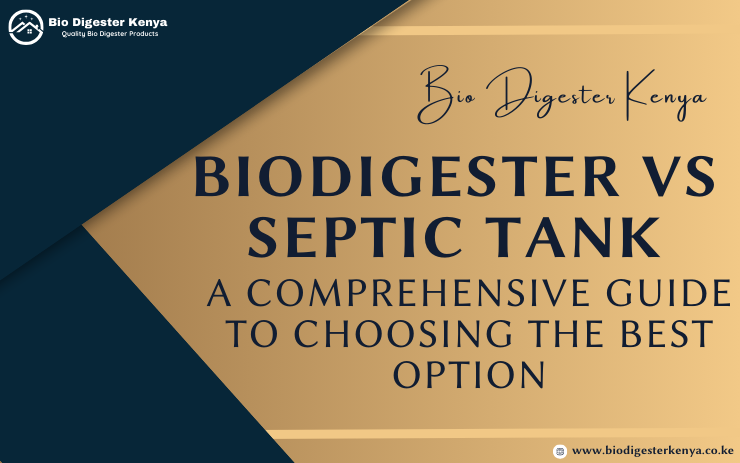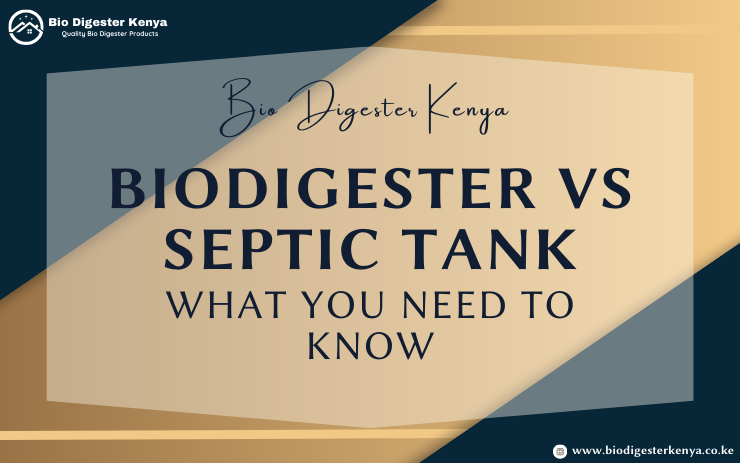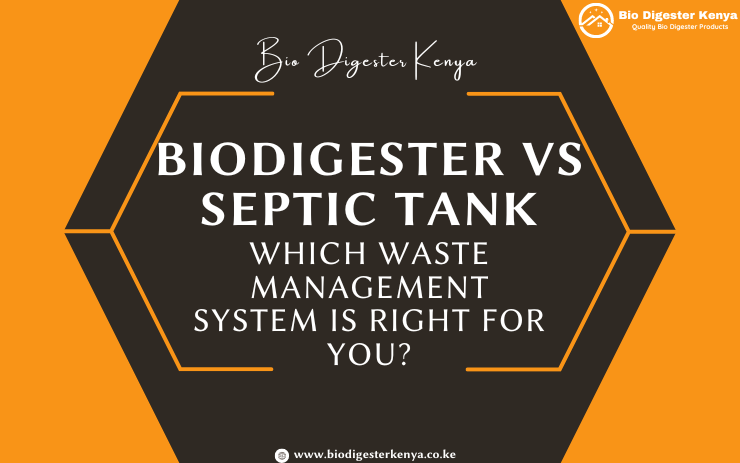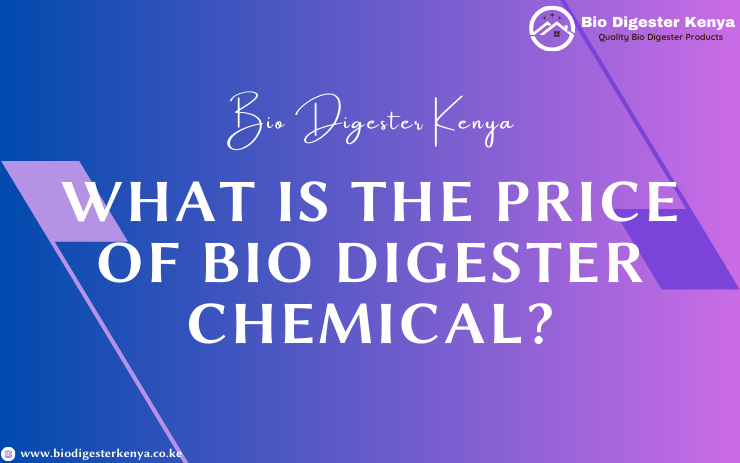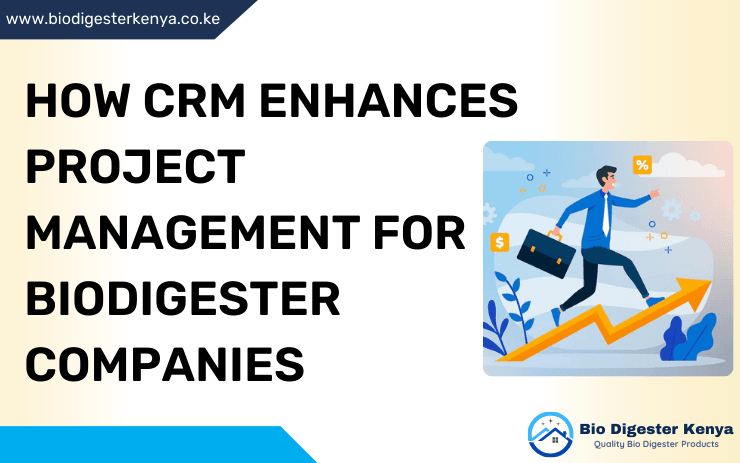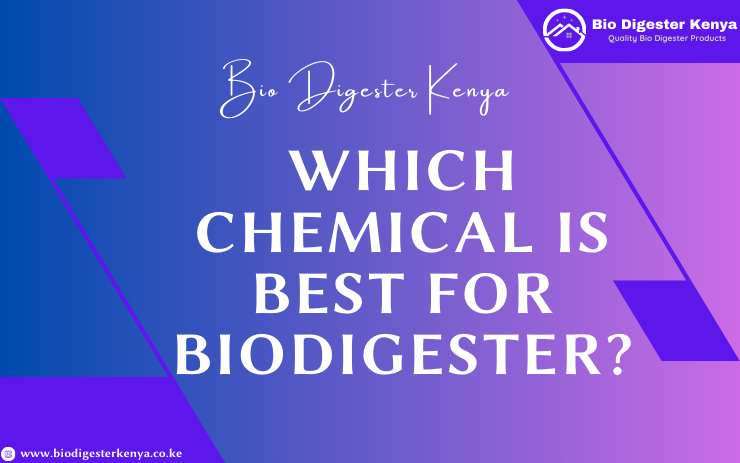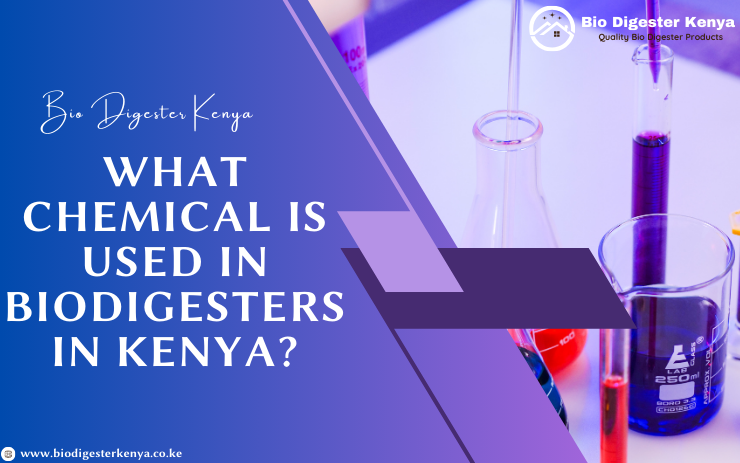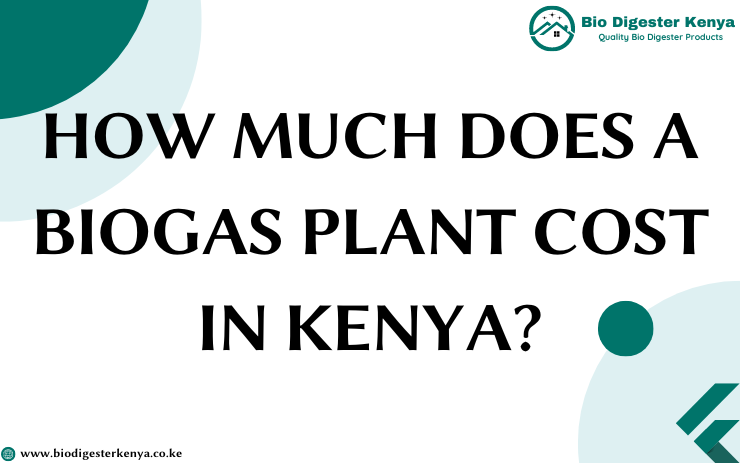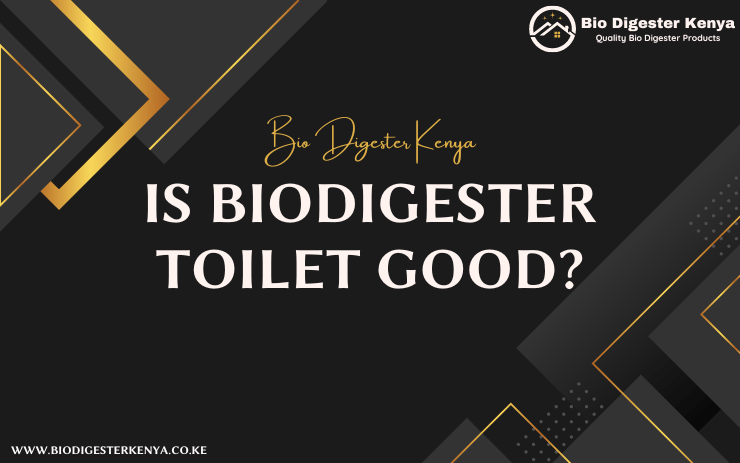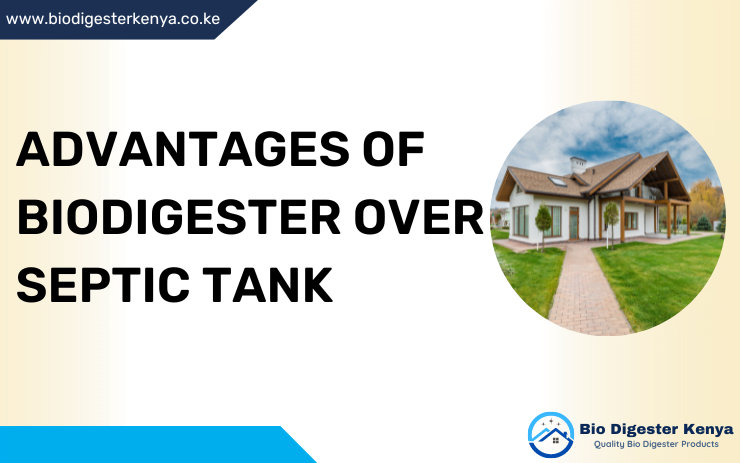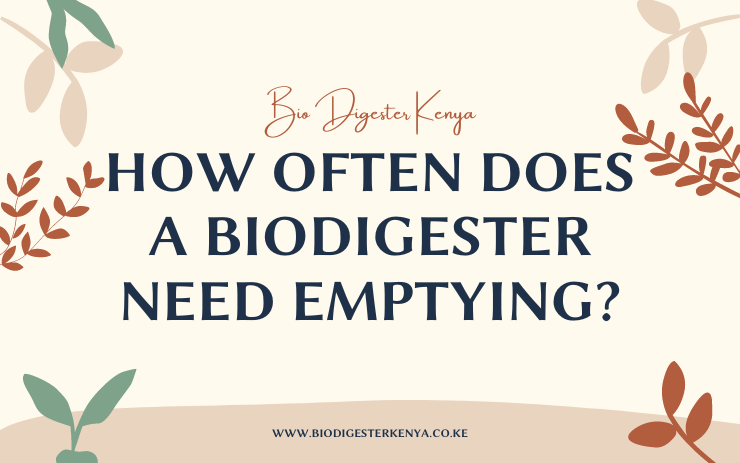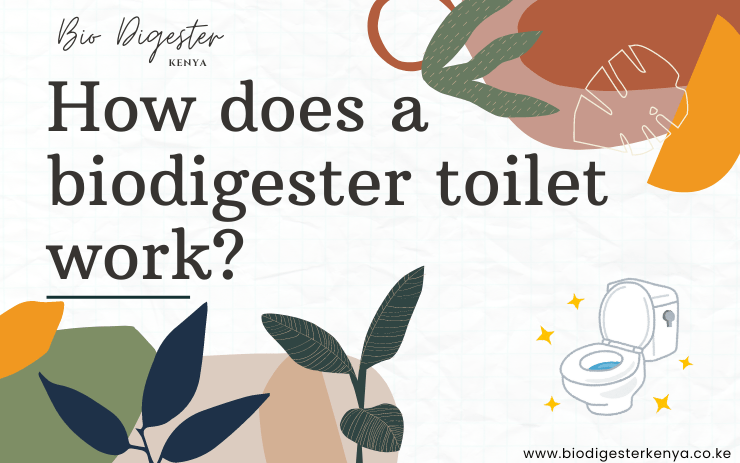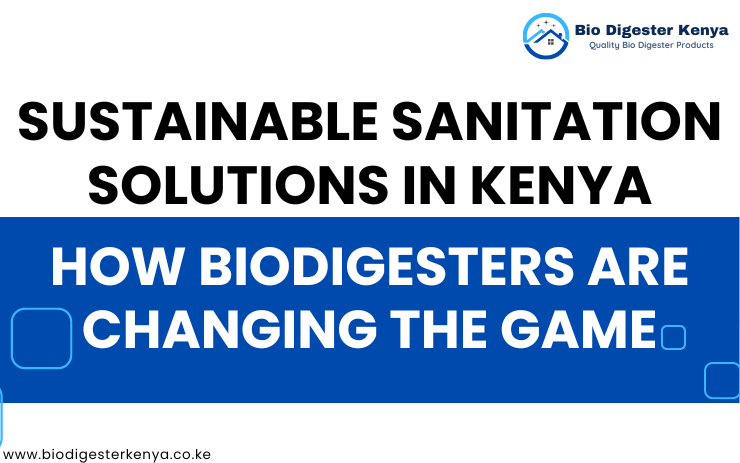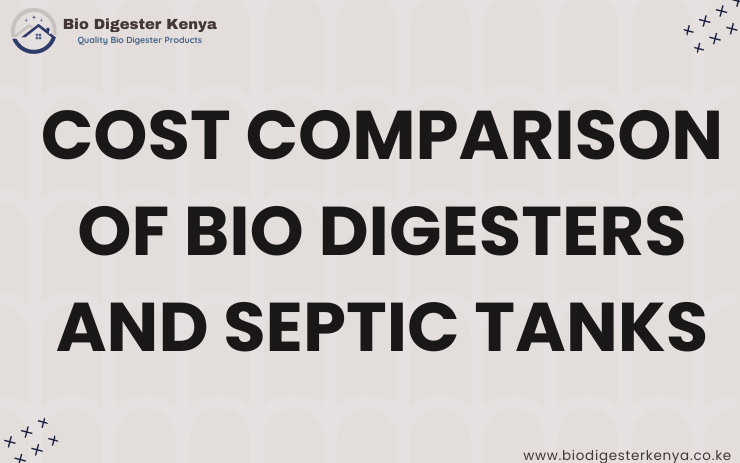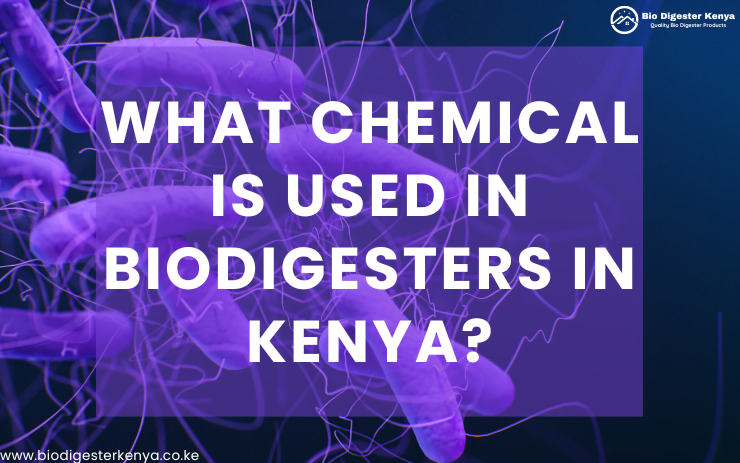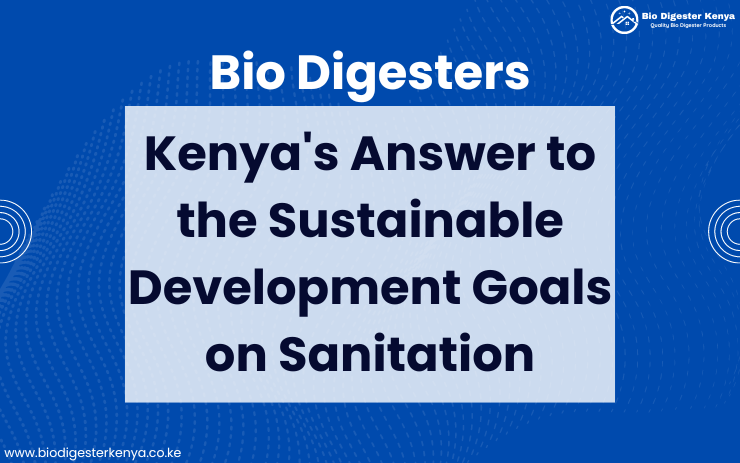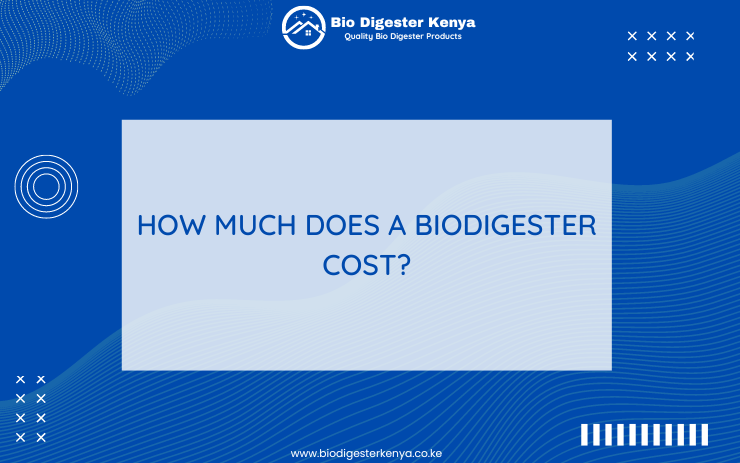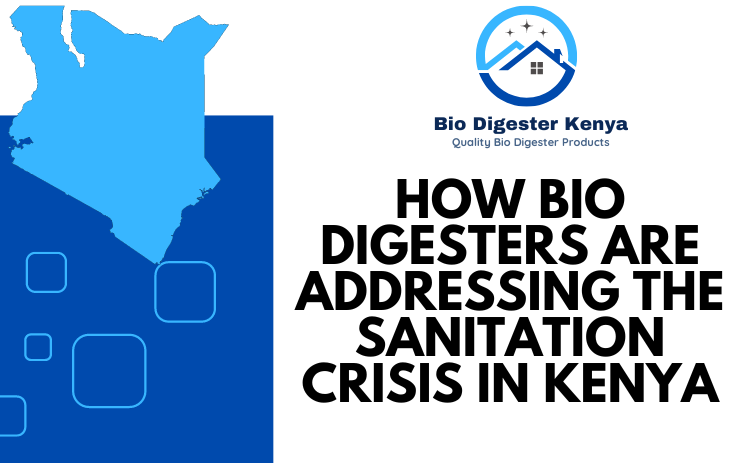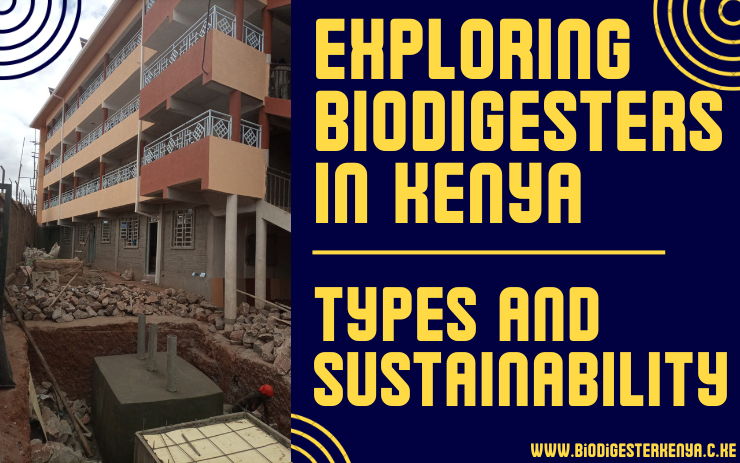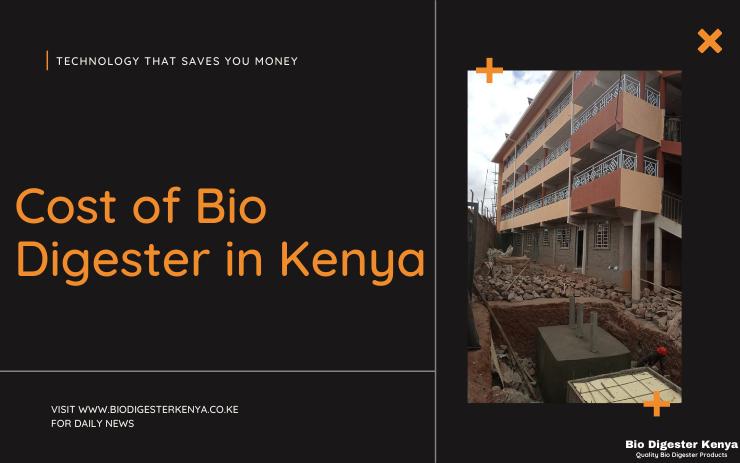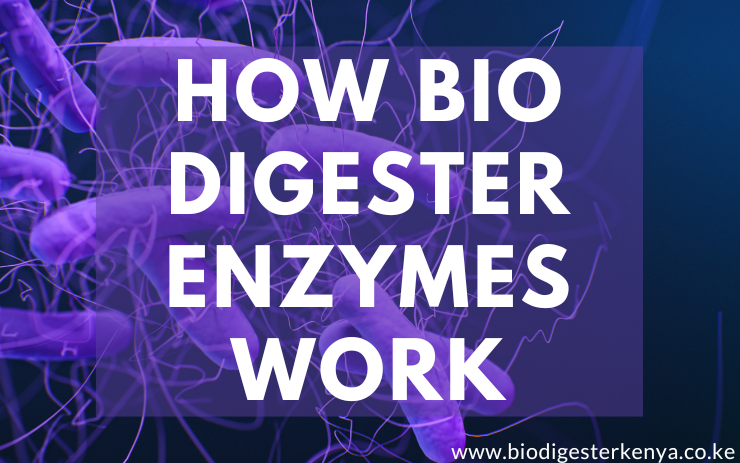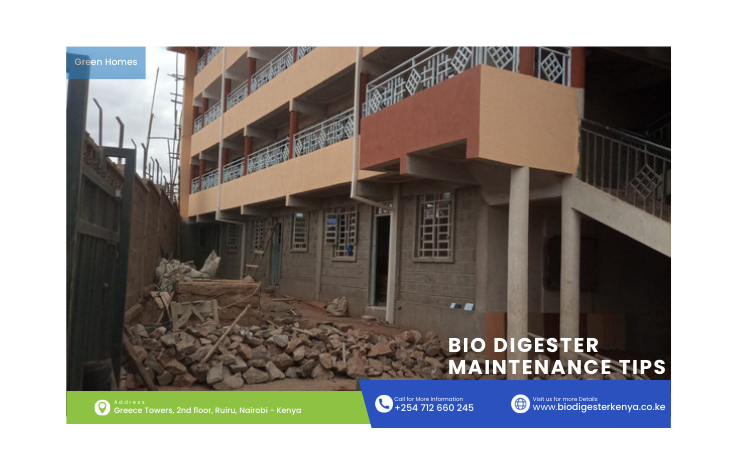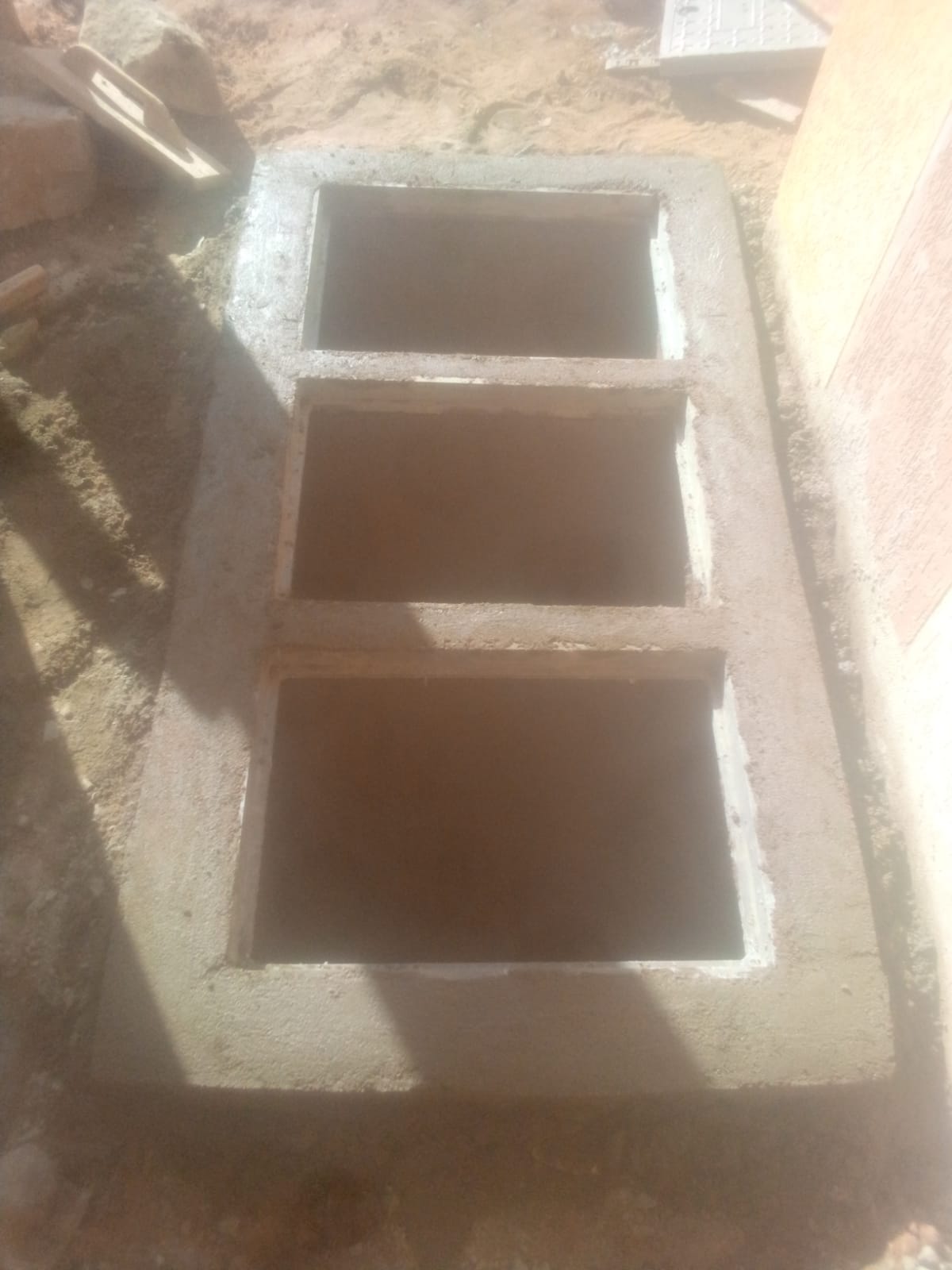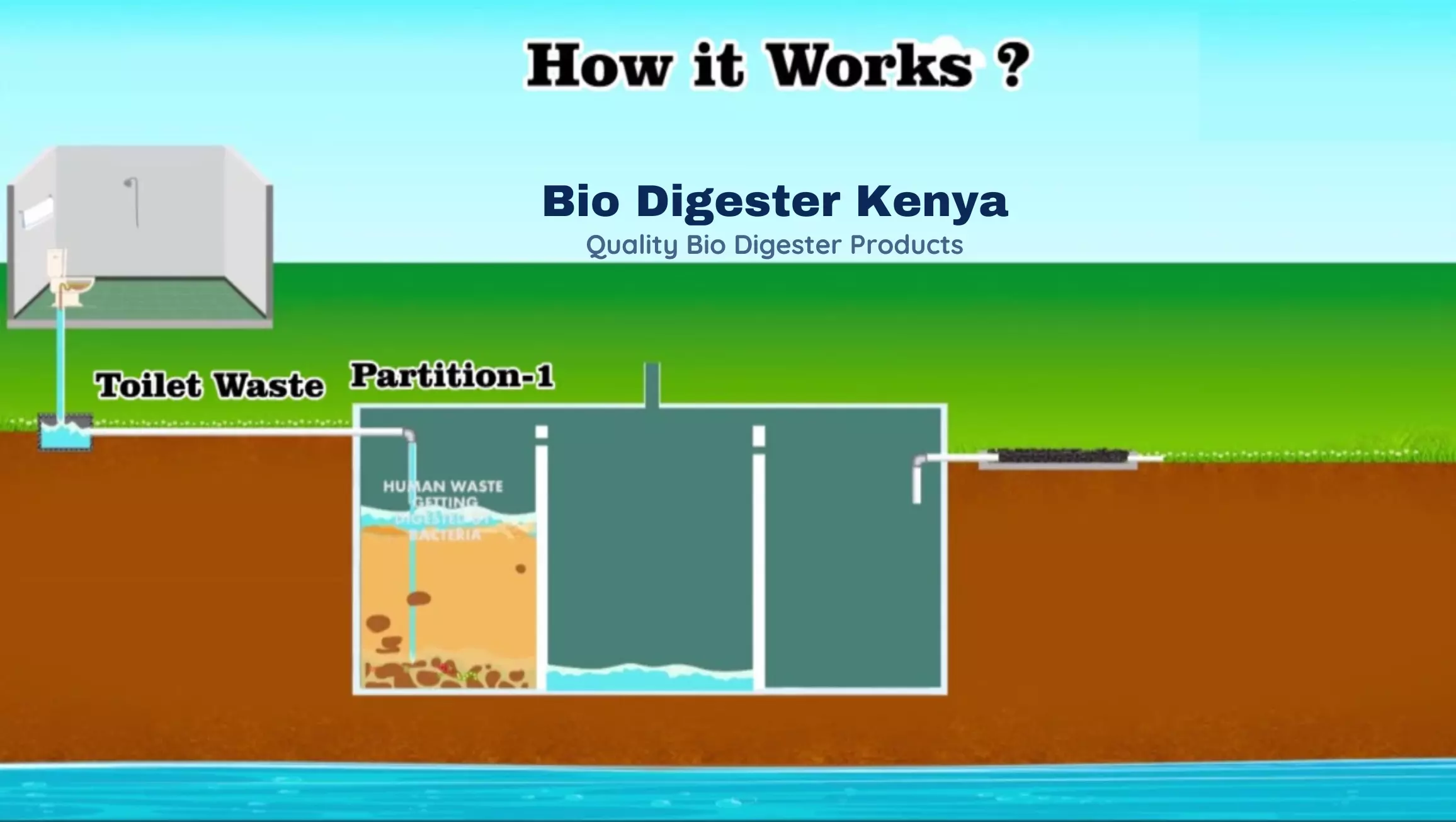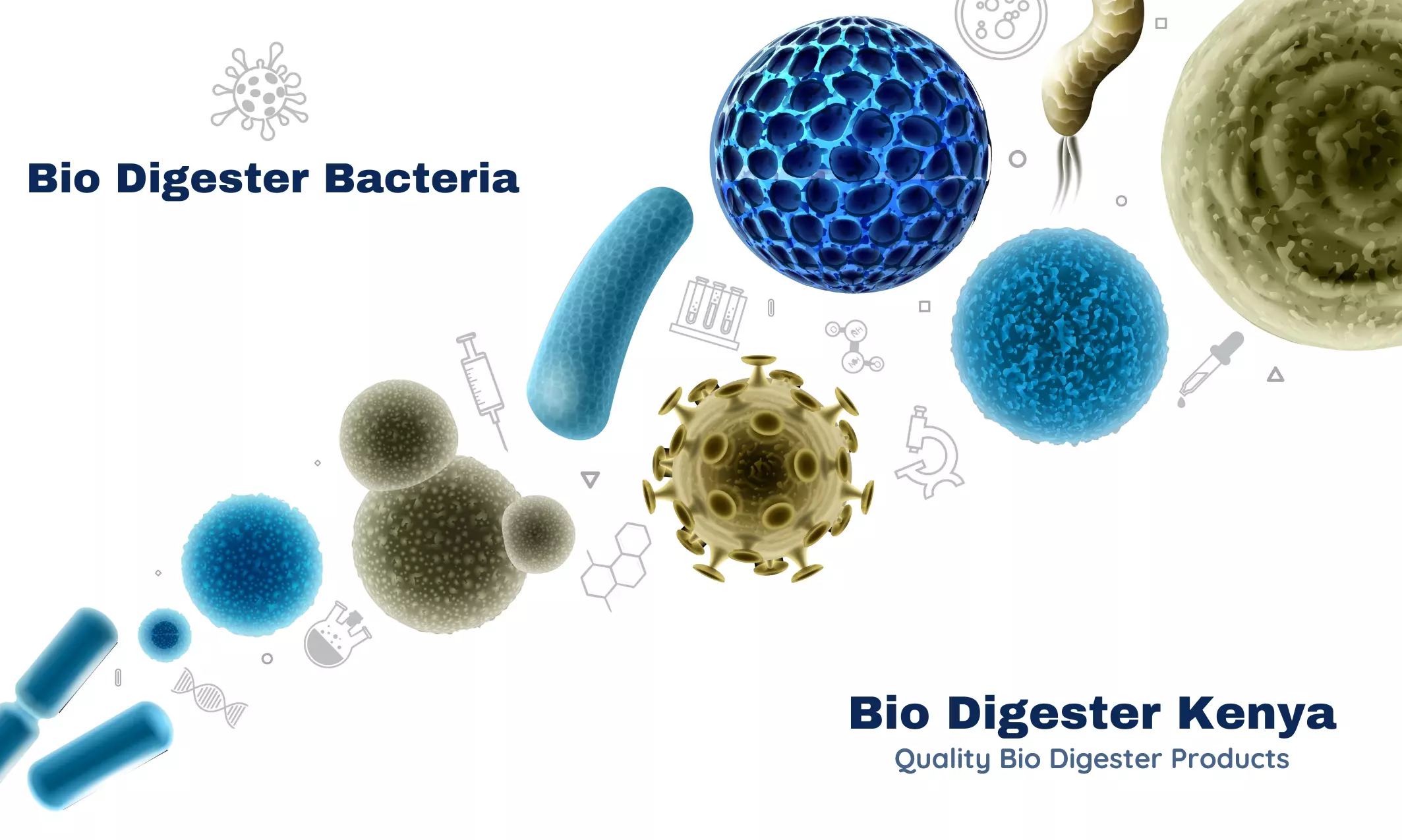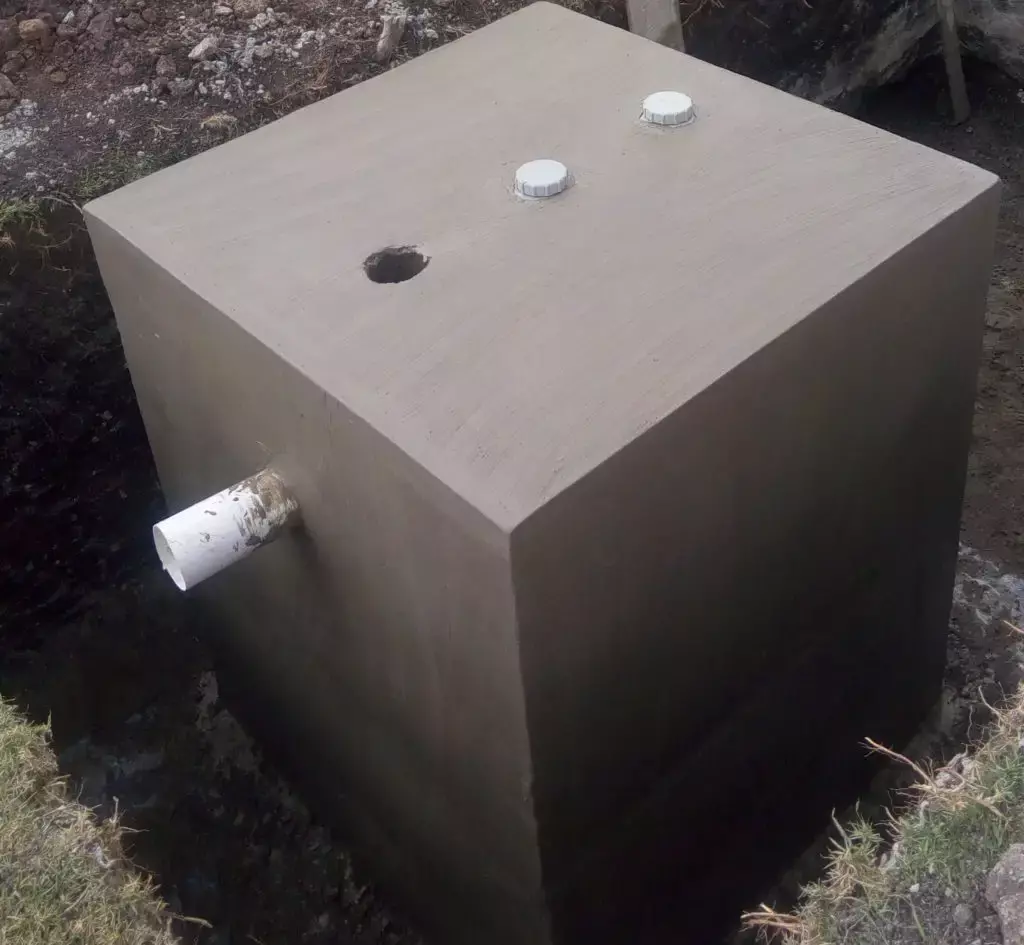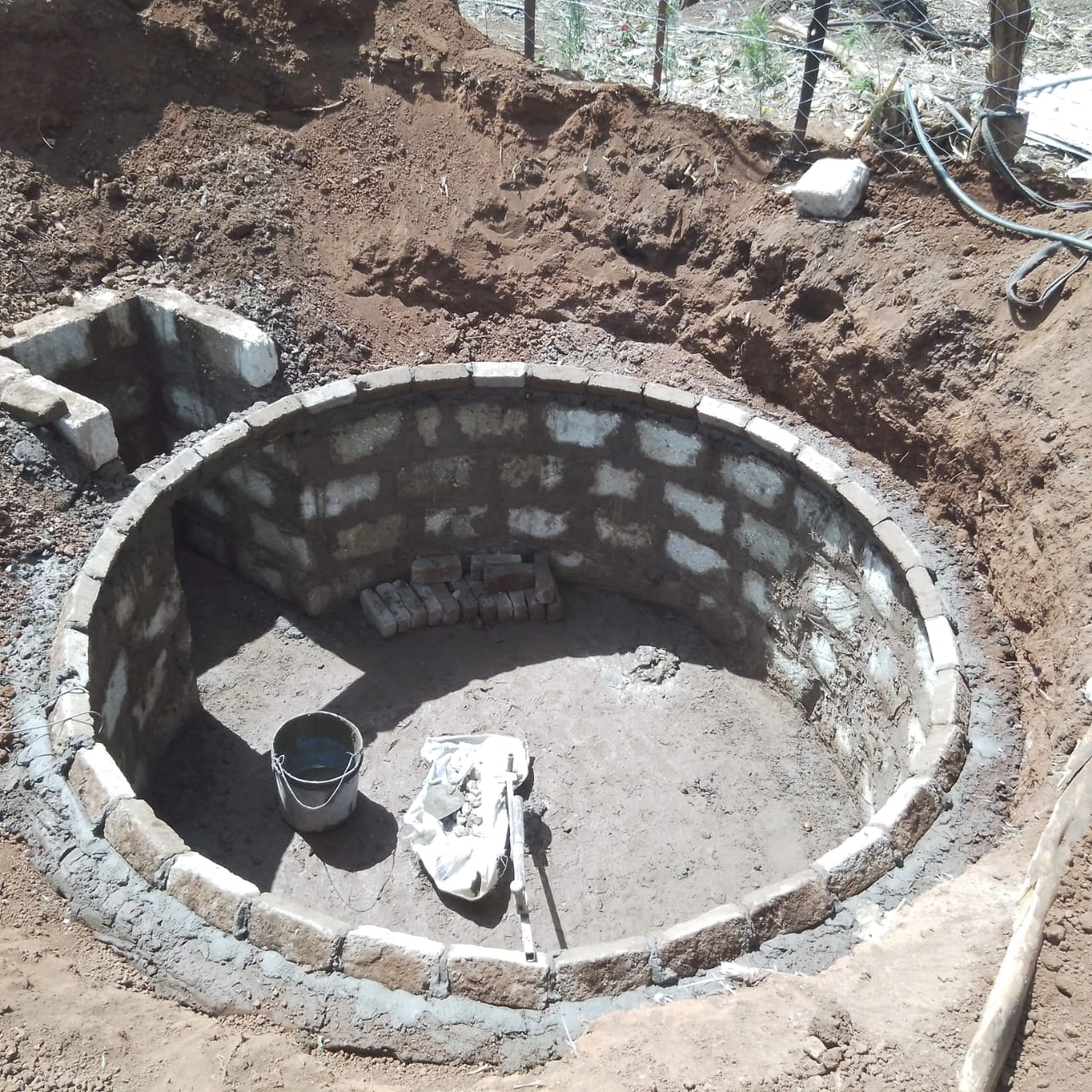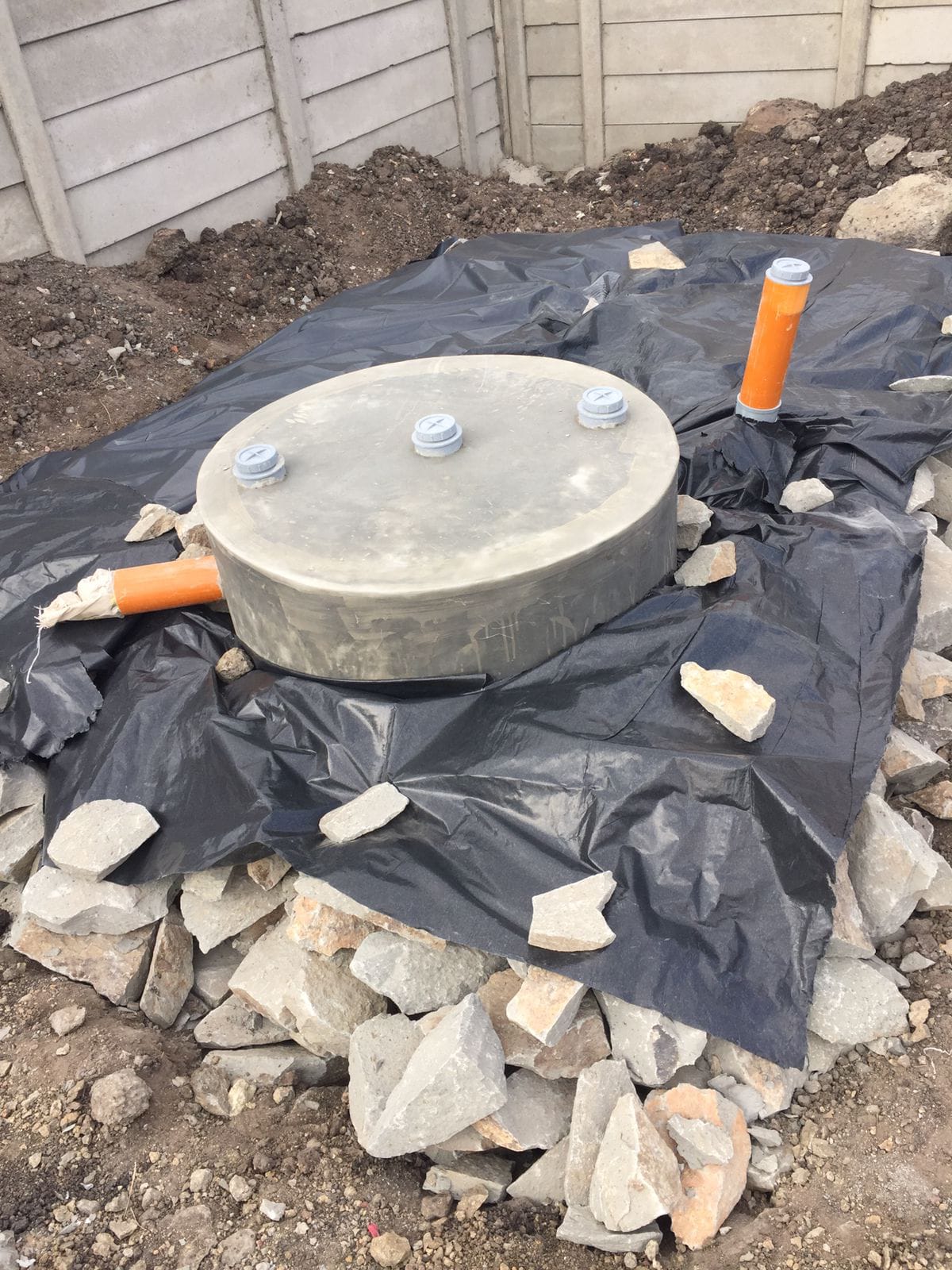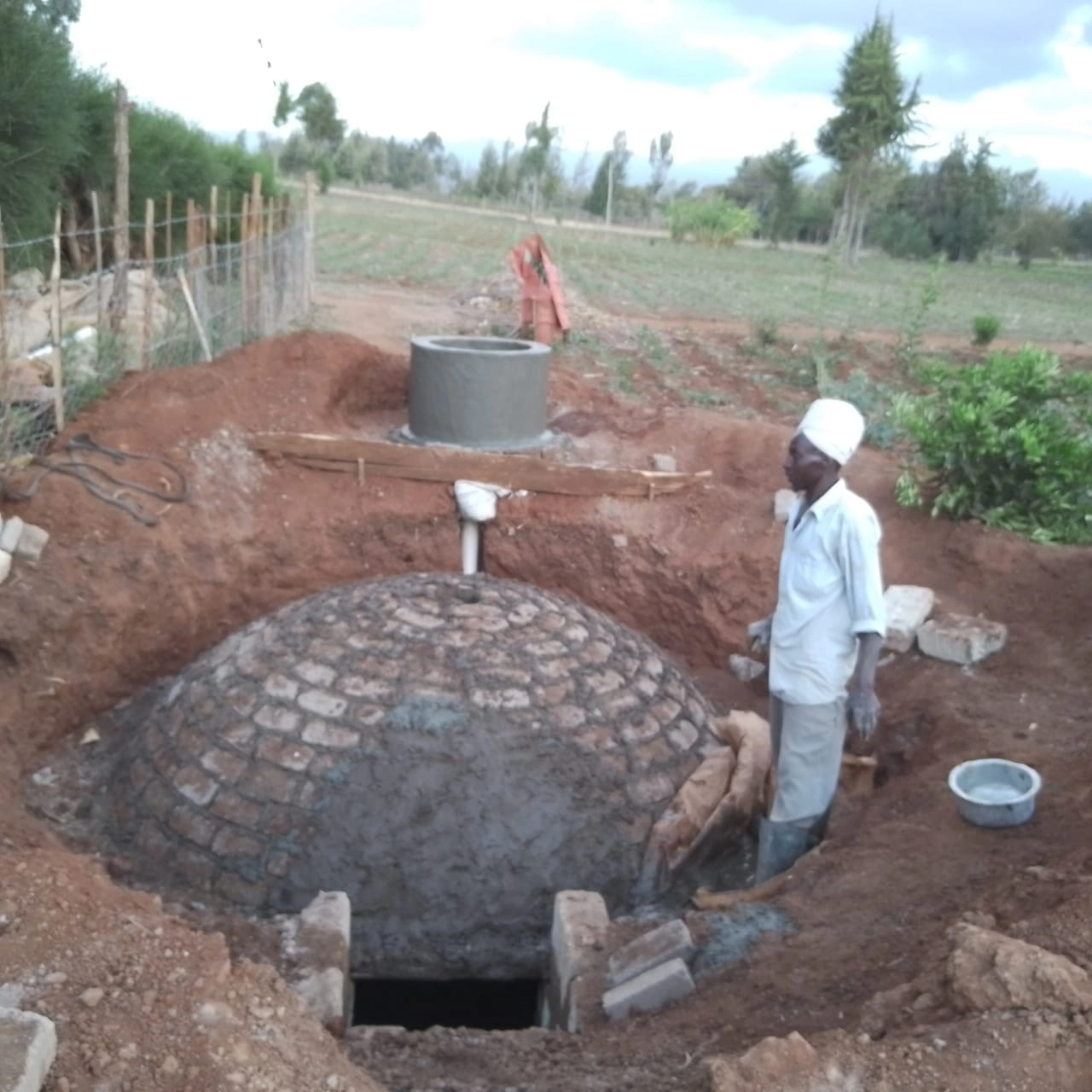Compare biodigesters and septic tanks to determine the best waste management solution for your property.
Learn why Bio Digester Kenya offers the best eco-friendly and cost-effective systems for homes and businesses across Kenya.
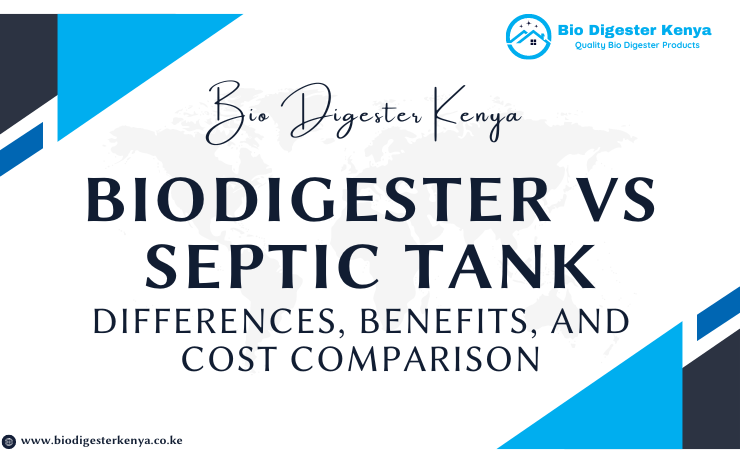
Introduction
When it comes to managing waste for your home or business, the two most common options are a biodigester and a traditional septic tank.
Both systems serve the same purpose—managing human waste—but they do so in very different ways.
Making the right choice for your property is crucial, as it impacts not just your daily life but also the environment.
At Bio Digester Kenya, we specialize in providing biodigester septic tank solutions to residential and commercial clients across Kenya.
Our biodigesters use enzymes to break down waste efficiently, converting it into water and air that are safe for the environment.
Let’s dive deeper into how biodigesters stack up against septic tanks and why a biodigester may be the best solution for you.
What is a Biodigester?
A biodigester is an innovative waste management system that relies on biodigester enzymes to break down human waste into harmless byproducts—water and air.
The waste is piped directly into the biodigester, where the enzymes go to work.
Over time, the system converts the waste into water, which is then absorbed into the ground via a soaking area.
This eco-friendly process eliminates the need for regular pumping and reduces the risk of groundwater contamination.
At Bio Digester Kenya, we design and install biodigesters tailored to the specific needs of Kenyan homes and businesses, ensuring a smooth, maintenance-free experience.
What is a Septic Tank?
A septic tank is a traditional waste management system that separates waste into solids and liquids.
The solids settle at the bottom of the tank, while the liquids flow into a leach field where they are absorbed by the soil.
Septic tanks have been widely used for decades, but they come with some significant drawbacks, including the need for regular pumping and the potential for environmental hazards if not properly maintained.
Septic tanks are typically more affordable to install initially, but they require more maintenance in the long run compared to biodigesters.
Key Differences Between Biodigester and Septic Tank
While both biodigesters and septic tanks serve the same basic purpose, there are several key differences:
- Waste Breakdown Method: Biodigesters rely on enzymes to break down waste, while septic tanks use natural separation, which requires regular pumping.
- Environmental Impact: Biodigesters are more eco-friendly, producing only water and air as byproducts, while septic tanks can leak harmful substances into the ground.
- Space Requirements: Biodigesters are compact and don’t need large leach fields, making them ideal for urban settings or smaller properties.
How Does a Biodigester Work?
Biodigesters operate using a combination of waste piping and biodigester enzymes.
Waste is directed into a sealed biodigester tank, where the enzymes break it down into water and air.
The water is then safely absorbed into the ground through a designated soaking area.
This process is efficient and requires minimal maintenance, making it an ideal long-term solution for waste management.
How Does a Septic Tank Work?
In a septic tank, waste is separated into solids and liquids.
The solids settle at the bottom of the tank and decompose slowly, while the liquids rise to the top and are expelled into a leach field for absorption into the soil.
Septic tanks require regular pumping to remove the solids and prevent blockages, making them more labor-intensive to maintain over time.
Biodigester
Benefits of Using a Biodigester
- Low Maintenance: Unlike septic tanks, biodigesters require very little maintenance. The only upkeep is adding biodigester enzymes every few months.
- Eco-Friendly: Biodigesters convert waste into water and air, making them an environmentally responsible choice. There’s no risk of groundwater contamination or pollution.
- Space-Saving: Because biodigesters don’t require large leach fields, they can be installed on smaller properties or in urban areas where space is limited.
Drawbacks of Biodigesters
- Higher Upfront Costs: The initial cost of installing a biodigester is typically higher than that of a septic tank. However, this investment pays off in the long run with lower maintenance costs.
- Enzyme Replenishment: Biodigesters rely on biodigester enzymes to function properly. These enzymes need to be replenished every 3-6 months, which adds a small recurring cost.
Septic Tanks
Benefits of Using a Septic Tank
- Lower Initial Cost: Septic tanks are often cheaper to install upfront, especially for larger properties.
- Widely Known: Septic tanks are a familiar and well-understood option, particularly in rural areas where they have been used for decades.
Drawbacks of Septic Tanks
- Frequent Maintenance: Septic tanks need regular pumping to remove solid waste, which can become costly and time-consuming over the years.
- Environmental Risks: Leaking septic tanks can pollute groundwater, posing health risks to humans and animals. If not maintained properly, the system can cause serious environmental damage.
- Space Requirements: Septic tanks require large leach fields, making them impractical for smaller properties or densely populated areas.
Environmental Impact: Biodigester vs Septic Tank
When it comes to environmental impact, biodigesters are the clear winner.
By breaking down waste into water and air, they eliminate the risk of contamination and pollution.
In contrast, septic tanks can leak harmful bacteria and chemicals into the soil, contaminating nearby water sources.
In a country like Kenya, where water is a precious resource and environmental conservation is a growing concern, biodigesters offer a sustainable waste management solution.
At Bio Digester Kenya, we are committed to helping you protect the environment with our eco-friendly biodigester systems.
Cost Comparison: Biodigester vs Septic Tank
While the initial installation cost of a biodigester is higher than that of a septic tank, the long-term savings make it a more cost-effective option.
Biodigesters require minimal maintenance, with no need for regular pumping, while septic tanks come with hidden costs, including frequent pumping, repairs, and potential environmental fines if leaks occur.
At Bio Digester Kenya, we provide cost-effective biodigester installation services that save you money in the long run.
Why Biodigesters Are Perfect for Kenyan Homes
In Kenya, both urban and rural areas can benefit from biodigesters.
These systems use less water than septic tanks, making them ideal for water-scarce regions.
Additionally, biodigesters don’t require large spaces for leach fields, making them suitable for homes in cities where land is limited.
Whether you’re building a new home or upgrading your waste management system, a biodigester from Bio Digester Kenya is the perfect solution for eco-friendly waste management.
Bio Digester Kenya: The Best Solution for Your Home
At Bio Digester Kenya, we specialize in designing, installing, and maintaining biodigester systems that meet the unique needs of Kenyan homes and businesses.
Our experienced team will help you select the right system for your property and provide ongoing support to ensure your biodigester remains in top condition.
We also offer high-quality biodigester enzymes to keep your system running smoothly.
Conclusion
When comparing biodigesters vs septic tanks, it’s clear that biodigesters offer numerous advantages.
They’re more environmentally friendly, require less maintenance, and are more cost-effective over time.
If you’re looking for an efficient, eco-friendly waste management solution for your home or business in Kenya, look no further than Bio Digester Kenya.
Contact us today to learn more about our services and products, including our biodigester enzymes.
FAQs
How long does a biodigester last? A well-maintained biodigester can last for decades, outlasting many traditional septic systems.
Is a biodigester expensive to maintain? No, the only maintenance required is adding biodigester enzymes every few months, which is inexpensive and easy to do.
Can a biodigester handle waste from commercial spaces? Yes, biodigesters are scalable and can handle waste from both residential and commercial properties.
How often do I need to replenish biodigester enzymes? Biodigester enzymes need to be replenished every 3 to 6 months to keep the system functioning efficiently.
What are the main benefits of choosing a biodigester over a septic tank? Biodigesters are more environmentally friendly, require less maintenance, and save you money in the long run by eliminating the need for frequent pumping.


